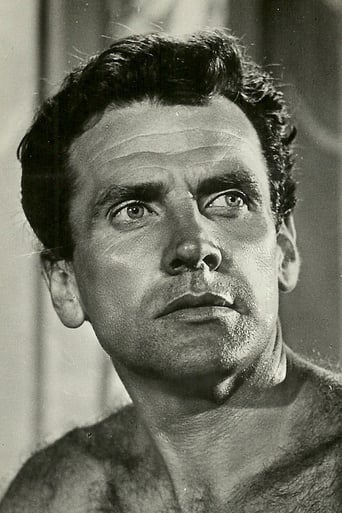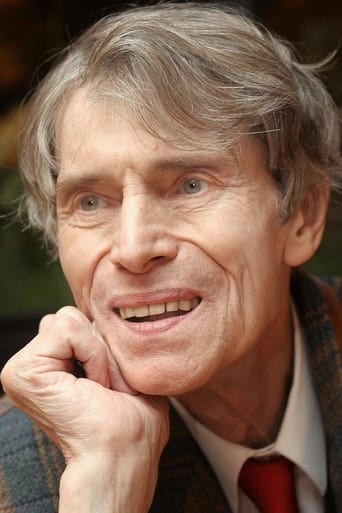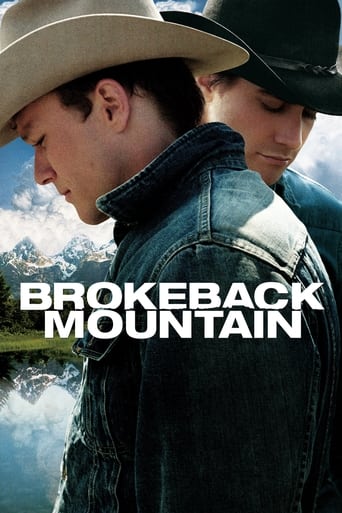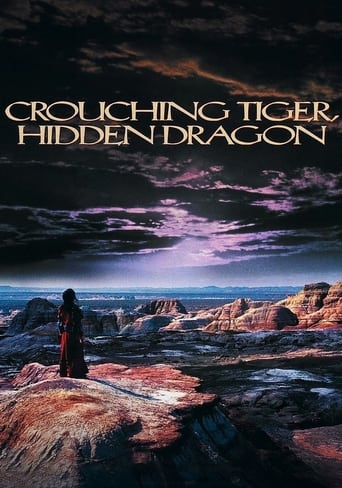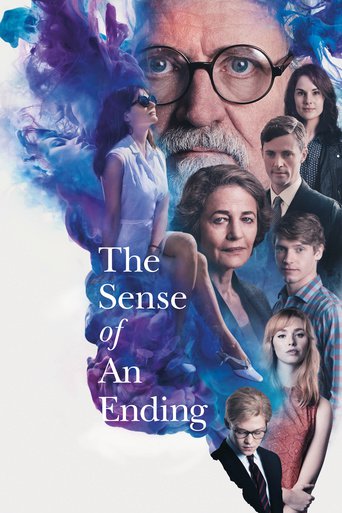
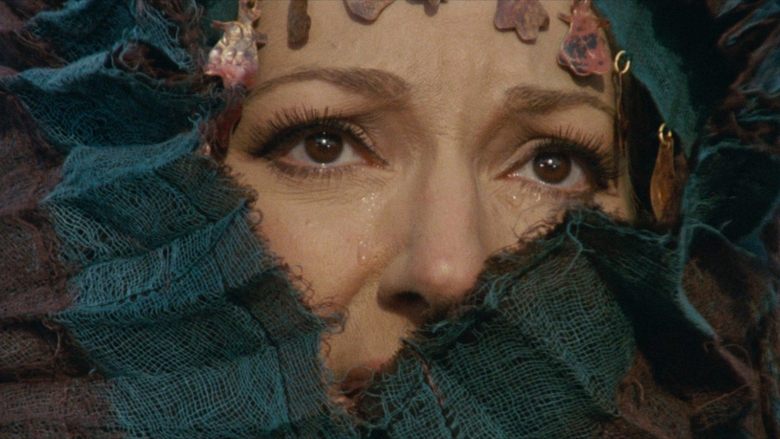
Medea (1970)
Based on the plot of Euripides' Medea. Medea centers on the barbarian protagonist as she finds her position in the Greek world threatened, and the revenge she takes against her husband Jason who has betrayed her for another woman.
Watch Trailer
Cast
Similar titles


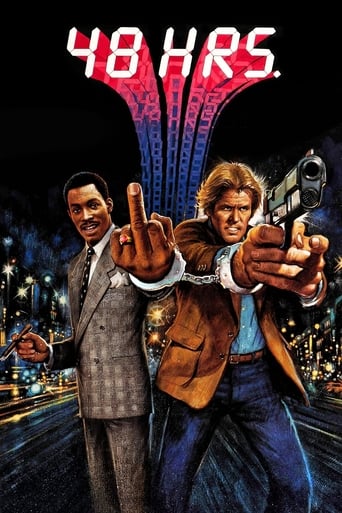
Reviews
Touches You
I wanted to but couldn't!
I enjoyed watching this film and would recommend other to give it a try , (as I am) but this movie, although enjoyable to watch due to the better than average acting fails to add anything new to its storyline that is all too familiar to these types of movies.
Great story, amazing characters, superb action, enthralling cinematography. Yes, this is something I am glad I spent money on.
"Medea" reflects (some of) Pasolini's ideas about religion. He points out, accurately enough, that all religions we know today are successors to other, earlier religions. He also points out that religions interact : they fight, subvert, plagiarize, influence, nourish and transform each other. And quite often it's a case of "Plus ça change"... He expresses this concept by filling the movie with deliberate anachronisms : in Colchis, for instance, Medea and her family live in age-old dwellings, graven from the mountains, which at one time served as Christian churches or monk's cells. I can't say that everybody is going to appreciate these anachronisms but I for one did, I thought they resulted in a thought-provoking and artistically striking play of echoes and correspondences. So this is not a straightforward adaptation of Euripides' tragedy. For instance, much of the text goes out of the window ; indeed, bursts of speech or dialogue are few and far between. By the same token there is little in the way of classical classical costume. We, the viewers, are looking at the kind of ancient cultures - far older, even, than Euripides' own time period - whose practices, beliefs and rites may have inspired the various elements behind the Medea legend. The result is both familiar and vividly, dauntingly alien. Casting Maria Callas as the lead actress was a stroke of genius, since she possessed both majestic beauty and a general air of fierceness. One can well imagine such a woman taking sudden, sharp, cruel decisions and then executing them to the bitter end. (Watch out for the scene where the young Medea kills and then dismembers her brother : it's like watching a lioness systematically destroy her prey.) The actor playing Jason seemed inferior in talent, although he did succeed in capturing something of the infuriating opportunism and myopia of the character. An original, striking, electrifying work, but one that requires patient attention.
in time. in space. to origins. to old rituals and sacrifices and definition of purpose of life. an experience. beyond words. before myths. and an unique Medea. the Pasolini style. it is the easy verdict. the only role in a film of Maria Callas. the corruption of Euripides text . natural observations. but each becomes, scene by scene, wrong. because it is only a travel. the voices, the gestures, the sacrifices, the thought who becomes deed - as the great surprise/confusion source for the viewer - the lights and buildings and costumes and air almost material are shadows of steps. the revenge . and the end of circle. it is not Edipo re . it is Medea. and this fact is remind in every moment. because it is an emotion more than a show. because it is a lesson about fertility and love and magic and jealousy and survive who has not need of explanations. only need of silence. and science to discover the embroidery of light and shadow in each scene. as the experiences of travel.
There are several directors that make "arty" films that are certainly not for everyone. Pasolini has also done films which can be more easily acceptable by wider audiences; yet this is not one of them. This is one of those films that can and will be liked by only a few people. Others will turn their head the other way or simply hate it...Well I like weird art & films, I like Pasolini, and I liked Medea in various interesting aspects. I suppose one should at least know the basics of Euripedes story to comprehend the story - Pasolini doesn't focus in the story so much, important facts are assumed by the viewer and the dialogues are scarce within the film. No narration exists.I think Pasolini here was more interested in presenting the cultural / ethnological / theological / religious stigma of the era - his usual interest on god and religion is also here, despite text is given few opportunities to breed context in this film. We have also the theme of ancient world VS the new world of logic and the new gods. This is one of the films, like, say, Hertzog's films, that are up to the viewer to comprehend, or a film critics would call a symbolic one. Needless to say one has to like to think while watching this one, not be spoon-fed.Last but not least, the soundtrack enhances this strongly visual experience a lot. A set of strange but intense folk/ethnic/avant guard/experimental songs make the viewing a unique experience for those who like 'hard' films....
I first saw Medea in college and was highly critical of it, finding it disappointing on almost all counts: terrible sound editing, cheap film stock, over bright lighting, bizarre, amateurish acting styles, inadequately edited, etc. Then there was the extended murder scene of Glauce and Creon going seemingly on forever, and then . . . wait; what's this? It's repeated all over again? Did someone get the wrong reel into the house?Another ten years went by before I watched it again and after the second viewing, found myself emotionally drained, my jaw on the floor with the realization that I'd just finished a film that alternately horrified, fascinated and astonished me.Medea is a grim, violent, film, minimally processed which only adds to its gruesome, wild rawness. This is Pasolini's Medea, not Euripedes and it is not easy viewing. Its wild, African/Middle Eastern score with the nasal bleating of women's voices in near pre-historic sounding rhythmic chant adds further to the element of being "out there" this film produces: This is about as far away from popular cinema as one can get. Medea doesn't easily compare to films of any other style or genre; not even with some of Pasolini's other work. But, if you can succumb to its hypnotic, mesmerizing pace at once both frenetic and static - you will realize this is as about as close to a hallucinatory experience one can achieve without the use of an illegal substance. Granted, not everyone wants that experience.As Medea, Callas is simply amazing. Oddly, when the film came out she was roundly criticized for not being able to transfer the magic she so naturally gave on stage to the big screen. I will strongly disagree. The more I watch this film (which is probably several times a year for well over a decade), the more amazed I am by her performance in it. Where I, too, had first been critical of her languid weirdness, I've grown to see her commitment to the role. I've come to be riveted to her painfully expressive mask as she completely inhabits this character who is, quite literally, capable of everything (yes - everything is the right word here).Where I was once critical of the lighting, I've grown up to realize what Pasolini did; why he chose to film at the times of day he chose, and the resulting, fascinatingly brutal and surreal luminosity that bathes the entire film and the almost palpable sense of its visual texture. Stunning. The landscapes Pasolini chose to film in are as brutal and as vital as the characters of the tale. His near excision of all spoken text ( the screenplay is nearly dialogue free) brings us into a timeless, yet somehow ancient world where all is understood without the use of verbal communication. The savage, bloody rites of sacrifices for fertility and harvest initially seem barbarous then become somehow beautiful and fascinating. Then they make one cringe with the realization of how, not so long ago, this was us.A remarkable, savage and beautiful film.

